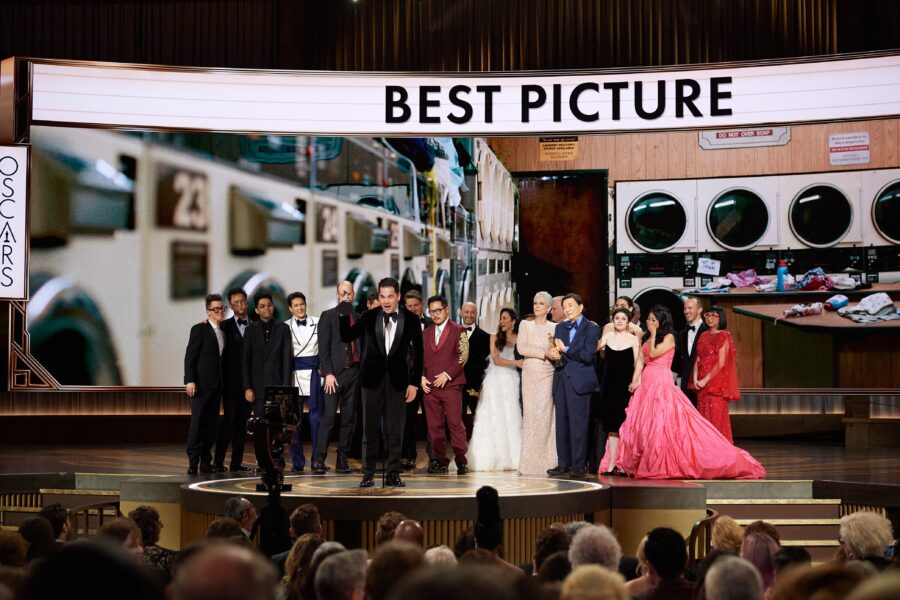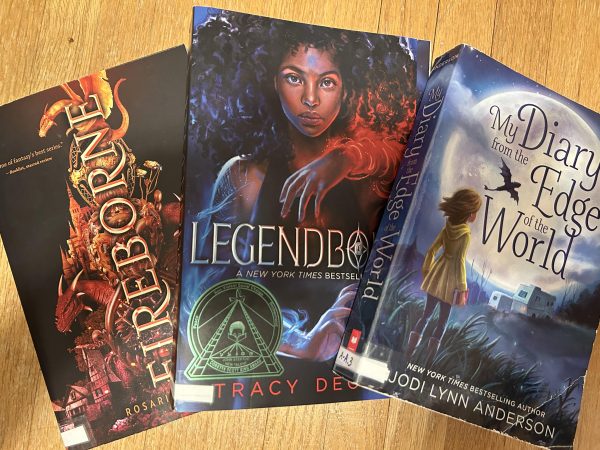Cultural Analysis of the Oscars
The Oscars are dying. Viewer numbers have been dropping for years, and the trend shows little sign of stopping. This year, viewership of the Oscars reached a three-year high at 18.7 million, but that’s still only about half of the viewership in 2015.
The reason? The Oscars are out of touch with what moviegoers want. In the past, blockbusters like Titanic, The King’s Speech, and Forrest Gump drew critical acclaim from the Academy. It was more common to see popular movies be nominated for, and win, Oscars. Now, many Oscar-winning movies are comparatively unknown. CODA, the 2022 Best Picture winner, was a box office flop. Let’s face it: the Academy’s taste in movies is no longer in line with everyone else’s taste in movies.
In addition, the Oscars have drawn criticism from actors and viewers alike for their lack of diversity. In 2015, April Reign started the #OscarsSoWhite movement, pointing out that none of the Oscar nominees were people of color. It drew attention to the lack of diversity in Oscar nominees, year after year. In 2016, after the nominees were again all white, #OscarsSoWhite started trending again.
Since then, the number of nominees of color have grown from 8% to 17%, according to the BBC. But these nominees are still often ignored. Parasite won Oscars for best picture, best director, best international feature film and best original screenplay. None of its (Asian) actors were nominated.
The work and talent of people of color in the film industry often goes unrecognized by the Academy. At this year’s Academy Awards, Angela Bassett was snubbed for her performance in Wakanda Forever, instead being passed over for Jamie Lee Curtis. Although they seemed like frontrunners, several movies that were produced or acted by people of color were absent from the nominee list entirely.
The 95th Academy Awards deviated somewhat from these trends. Firstly, Everything Everywhere All At Once swept, winning seven Oscars in total. Michelle Yeoh made history by becoming the first Asian woman to win the Oscar for Best Actress. Viewership numbers were up for the first time in three years, due in part to the fact that blockbusters like Elvis or Top Gun: Maverick were nominated.
The other major reason these Oscars were different was because of the infamous slap at last year’s Oscars. It makes sense: if a scandal occurs at an awards show, people are more likely to tune in for the next one. However, the Oscars’ value as a pop-culture moment has diminished. Even the iconic red carpet was missing.
It’s time to face it: the Oscars are less important, and rightfully so. We’re less willing, as a society, to tune in for a three-hour-long ceremony with stilted jokes and movies we haven’t seen. There’s nothing wrong with that.

















































